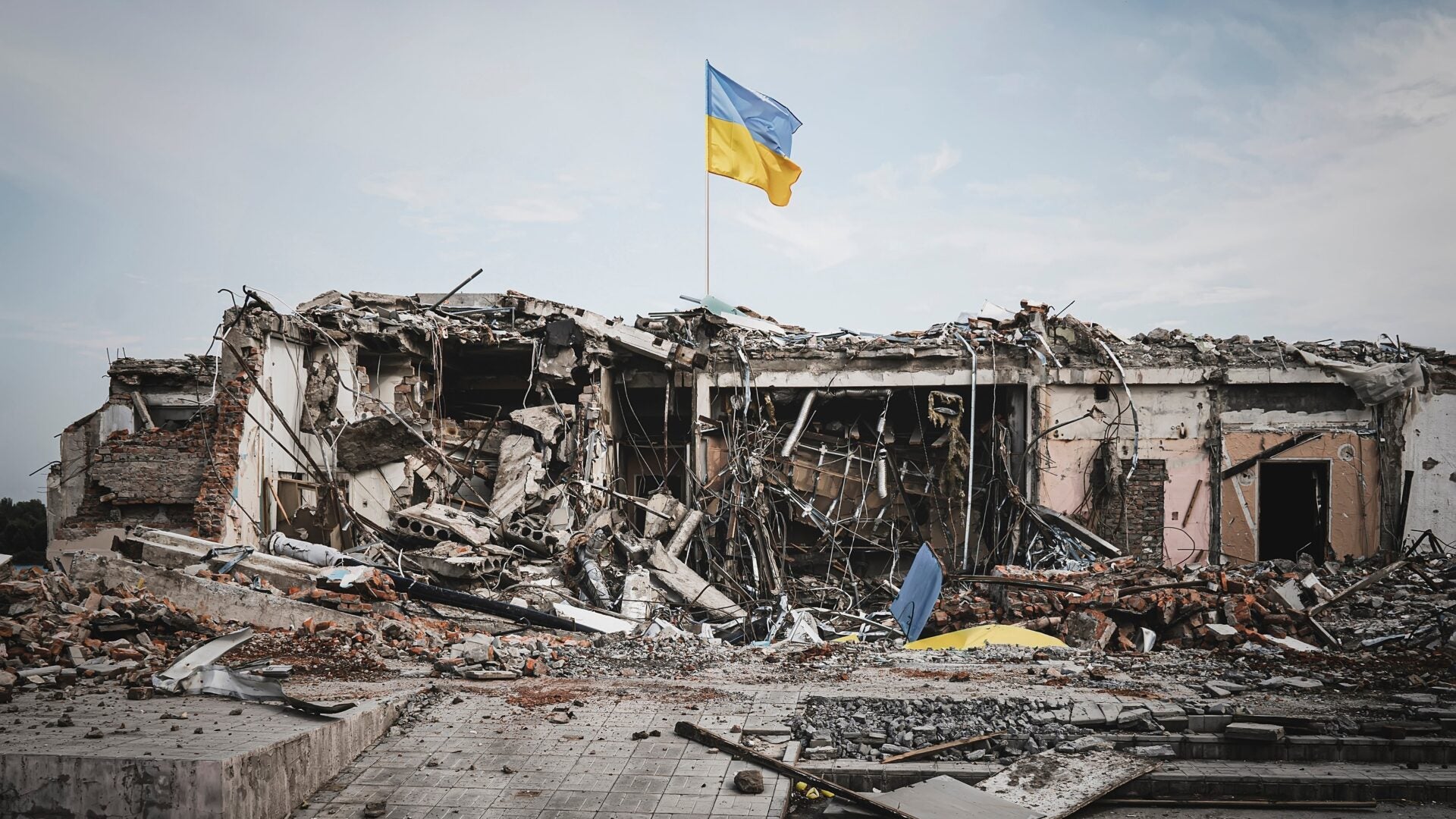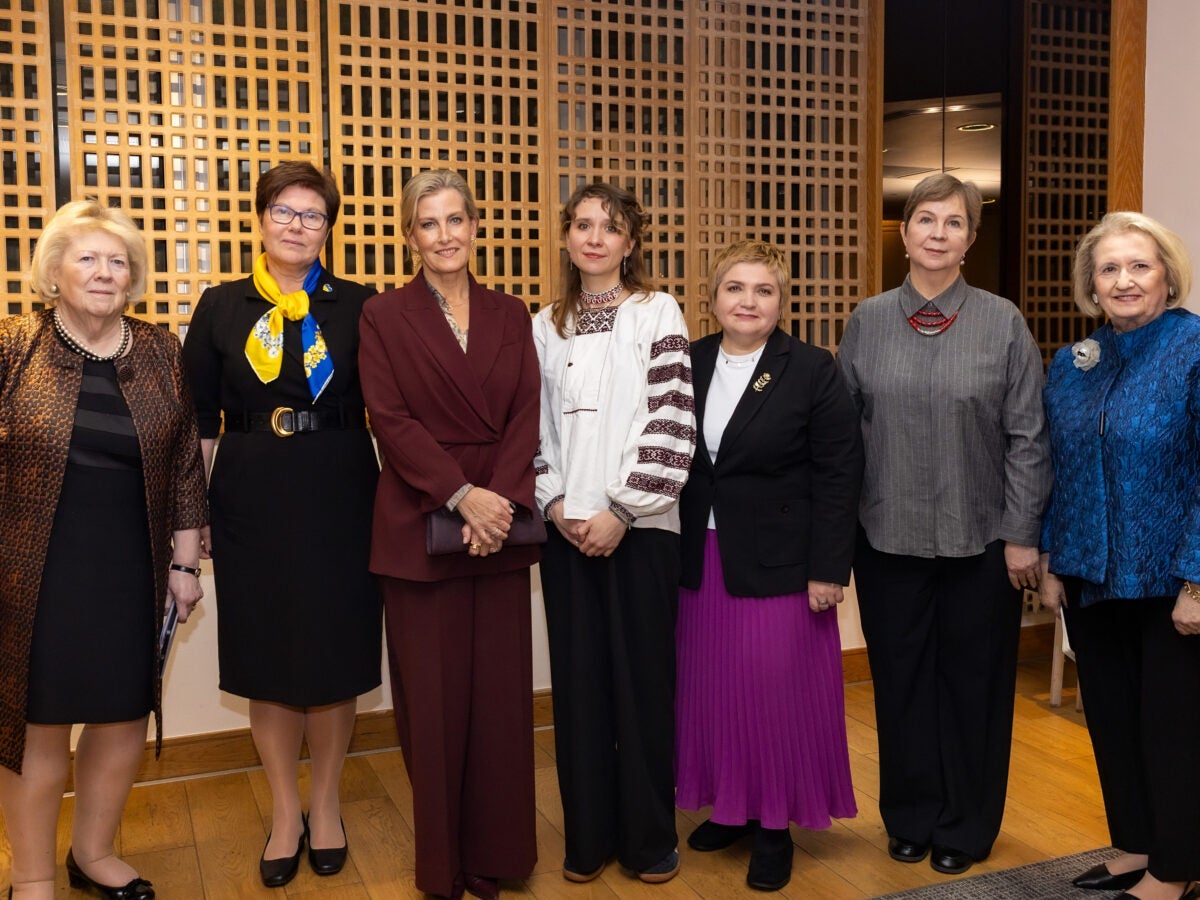The Sexualized Dimensions of Torture in the Independent International Commission of Inquiry Report on Ukraine and Legal Accountability

The scale of conflict-related sexual violence (CRSV) has created a new public reckoning on the sexual dimensions of inhumane treatment in Ukraine and other parts of the world. Despite the long and tragic history of this type of violence, survivors and witnesses remain mired in a quagmire of impunity in cases relating to sexual violence in conflict. However, sexual violence in conflict amounts to torture, and perpetrators of sexualized torture should be held accountable for their crimes against humanity.
Beginning in the late 1980s, Rhonda Copeland provided the intellectual framework for the analysis of the gendered norm of torture. In 1986, the United Nations Special Rapporteur on Torture, Peter Kooijmans, argued that rape in prison should be regarded as torture. The Committee Against Torture has continued to address this issue since the adoption of its General Comment No. 2 in January 2008.
Most recently, the Special Rapporteur on Torture has solicited comments from the public to inform her report, which will be submitted to the 79th session of the UN General Assembly on “Identifying, Documenting, Investigating, and Prosecuting Crimes of Sexual Torture Committed during Conflicts, and Rehabilitation for Victims and Survivors.”
The narrowly defined focus of her impending report on sexual torture “perpetrated during war or armed conflicts” is an acknowledgment of the staggering scale of conflict-related sexual violence in many parts of the world.
While sexual torture affects both women and men, CRSV and rape as a weapon of war disproportionately affect women and girls. However, despite the WPS Agenda and the Rome Statute, very few cases have directly addressed CRSV, sexual dimensions of torture, or for that matter, persecution on the basis of gender. This gendered dimension further amplifies the need for legal accountability to combat impunity for gender-related crimes.
A hallmark of a report by the Independent International Commission of Inquiry on Ukraine is its recognition of gender-based violence as tantamount to torture. The Report marks the two-year anniversary of Russia’s full-scale invasion of Ukraine and underscores its previous conclusions regarding the widespread and systematic use of torture by Russian authorities, both in Ukraine and within the Russian Federation itself. This evidence highlights horrific instances of mistreatment of Ukrainian prisoners of war, both women and men, in various detention facilities in Russia. The report also exposes incidents of rape and other forms of sexual violence against women, often amounting to torture.
The Ukraine Commission of Inquiry Report provides an important bridge to the impending report on sexual torture in conflict from the Special Rapporteur on Torture. However, the follow-up to both reports must broaden its scope to examine sexualized dimensions of torture within the scope of international obligations under the Women, Peace and Security Agenda.
Participation of women in all aspects of conflict resolution is one of the cardinal pillars of the Agenda. Similarly, the Special Rapporteur on Torture signals that her report will adopt the role of “victim participation and protection during investigation and prosecution.” The Secretary General’s last report on sexual violence in conflict, in July 2023, also highlights the war in Ukraine and calls for “survivor- and witness-centered” approach in line with UNSCR 2467.
Russian authorities must be held accountable for their crimes of sexual violence and, in accordance with the Women, Peace and Security Agenda, women, and all survivors, must be included in the process of justice and accountability.
Part of this process of justice and accountability is recognizing that sexual torture may also constitute a “crime against humanity” or “war crime” as specified in the Rome Statute of the International Criminal Court. The Convention on the Elimination of Discrimination against Women, CEDAW GR 30 references the Rome Statute of the International Criminal Court (ICC) on crimes against humanity. In Article 7 (1) (g) of the Rome Statute various acts, including but not limited to “rape, sexual slavery, enforced prostitution, forced pregnancy, enforced sterilization, or any other form of sexual violence of comparable gravity,” are identified as prosecutable offenses when committed as part of a widespread or systematic attack on a civilian population, with awareness of the assault.
Revisiting an examination of UNSCR 2467, we see that it addresses the continued absence of justice to survivors of sexual violence. The “inaction and impunity for sexual violence crimes in conflict and post-conflict situation[s]” and calls upon states “to end impunity and to prosecute those responsible for crimes of genocide, crimes against humanity, and war crimes, perpetrated against women and girls.”
The Special Rapporteur on Torture must take due note of the work of the Independent Commission of Inquiry for Ukraine and its emphasis on sexualized forms of torture. It must also consider the WPS Agenda and its commitment to piercing the veil of impunity. The norms of Jus cogens—which include prevention of torture, or other inhuman or degrading punishment—are considered peremptory in the sense that they do not admit derogation. The Special Rapporteur’s report to the General Assembly must make the clear argument that sexual violence in conflict rises to the level of torture and thus invokes the obligations of the international community of States as a whole.
Rangita de Silva de Alwis is faculty at the University of Pennsylvania Law School and a Visiting Fellow at the Faculty of Law Mansfeld College, Oxford (2024). She is the Hillary Rodham Clinton Global Fellow on Gender Equality at Georgetown Institute for Women Peace and Security, and the Special Advisor to the UK Parliamentary Inquiry on Conflict Related Sexual Violence. She is an expert on the treaty body to the UN Convention on the Elimination of Discrimination against Women (CEDAW) and the focal point on Women Peace and Security.
Explore More

End of Year Reflections
This year has been particularly challenging for peace around the world, with…

“No Amnesty, No Silence:” Ukrainian Women Urge Accountability for War-Time Sexual Violence
Last week, the Georgetown Institute for Women, Peace and Security (GIWPS) brought…
